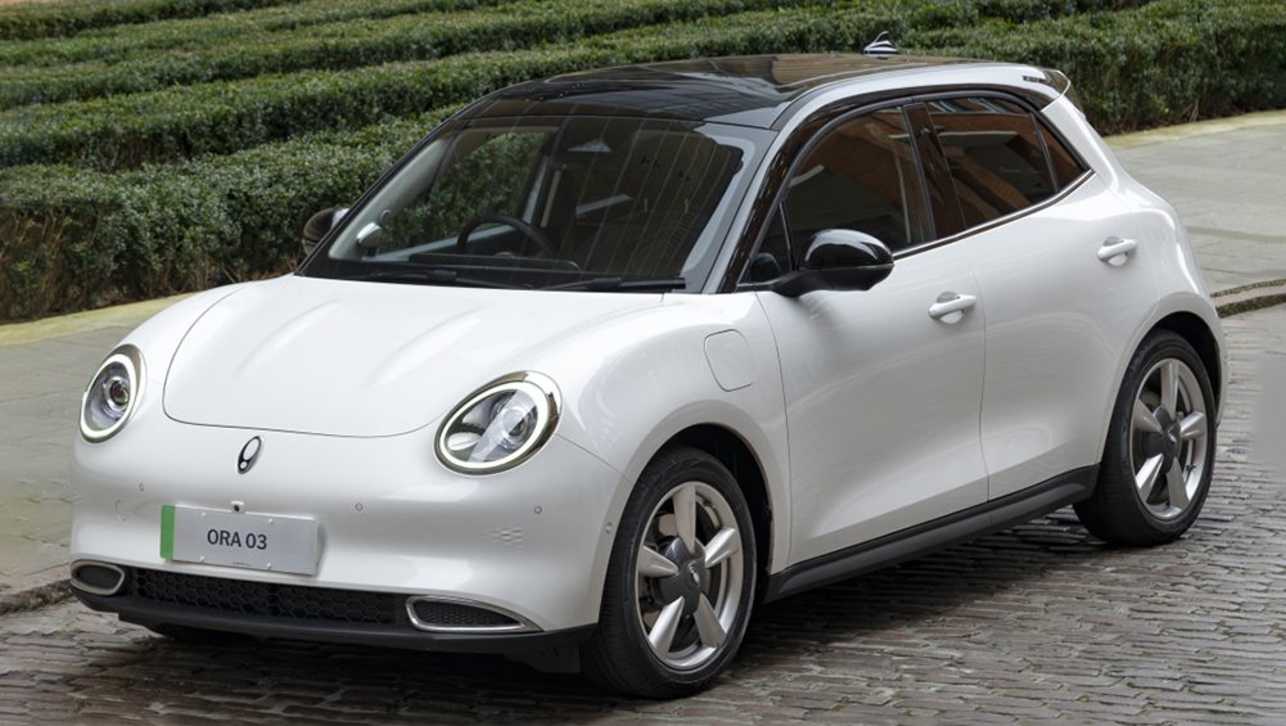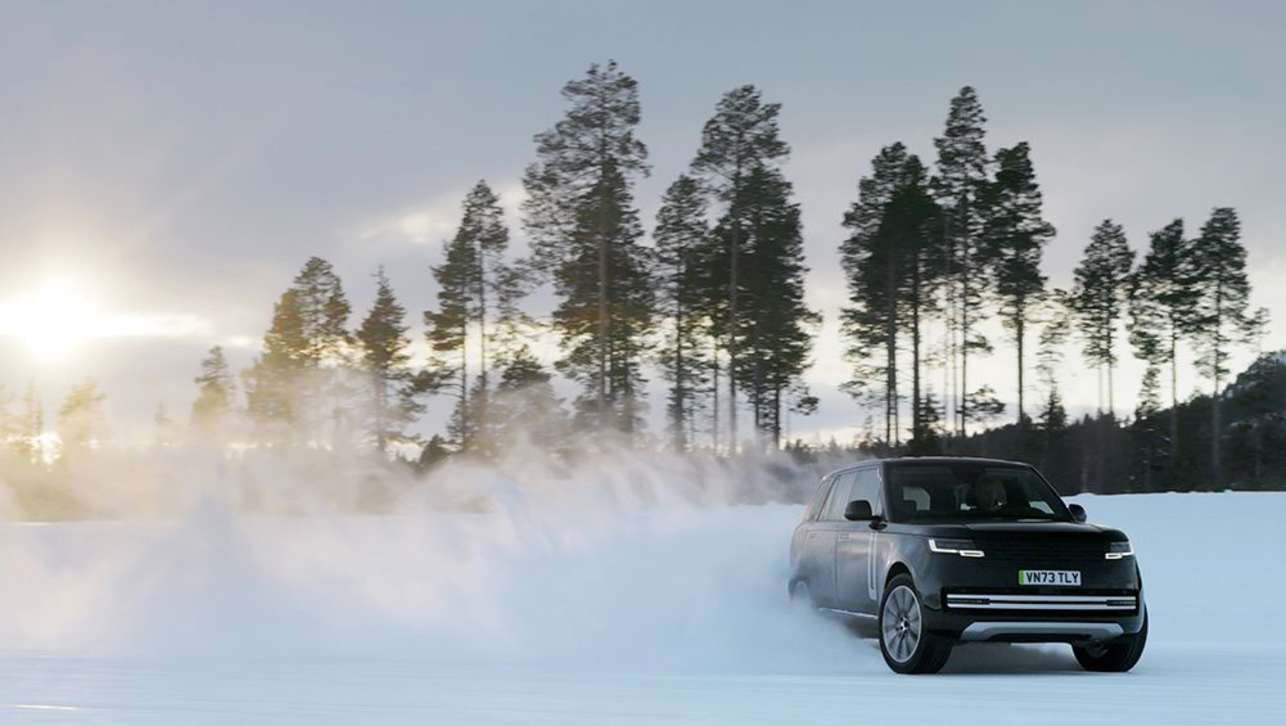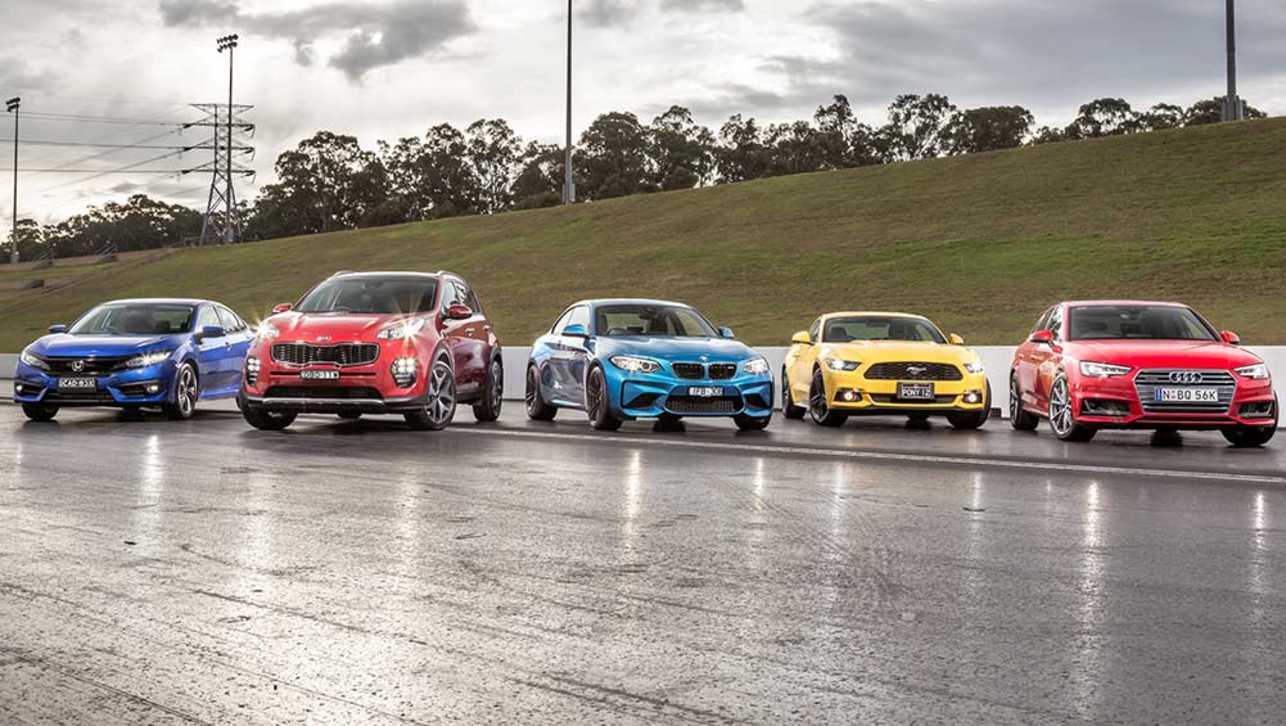Hyundai has added to its sporty SR model range with the introduction of an Elantra SR four-door sedan. With a turbo-petrol engine producing more power than others in its class it features Australian tuned suspension and steering aimed at producing the sort of car that keen Australia driver love. A starting price of $28,990 it certainly provides a lot of bang for your bucks.
The 1.6-litre engine in the Elantra SR Turbo produces 150kW of power, and 265Nm of torque across a wide spread from just from 1500rpm and going all the way to 4500 revs. To achieve this it uses direct fuel injection, continuously variable timing on all valves, roller timing chain and anti-friction coatings.
Transmission to the front wheels is either through a six-speed manual or seven-speed dual-clutch automatic. The latter has paddle-shifters mounted on the flat-bottomed multifunction steering wheel.
Elantra SR Turbo automatic also has Hyundai's Drive Mode Select system with Normal, Eco and Sport modes. This is not fitted to cars with a manual gearbox.
Hyundai's new Elantra SR Turbo debuts an advanced new-design platform shown at the recent Paris motor show. Interestingly, the platform as used by the Elantra SR Turbo has multi-link independent rear suspension, whereas a simpler torsion bar layout is used on the other models in the Elantra range.
Local work involved months of exhaustive real-world testing over thousands of kilometres comprising every type of Australian road surface.
This platform was designed and developed in Europe and refined at the Nurburgring Nordschleife in Germany and at Hyundai's Namyang R&D centre in South Korea. Its ride and handling was honed further in Australia by HMCA's chassis and suspension tuning team led by General Manager Product Engineering, Mr Hee Loong Wong.
Local work involved months of exhaustive real-world testing over thousands of kilometres comprising every type of Australian road surface. Closed-circuit high-speed handling tests also were also carried out in Australia.
Larger front brake discs (+25mm diameter and +2mm thickness) are part of the SR Turbo package.
Style-wise the SR has a deeper front bumper and radiator grille, with piano-black surrounds and a red Turbo badge. It also has revised taillights, a full body kit and rides on twin-spoke 17-inch alloy wheels. A power operated sunroof is part of the package.
Inside are form-fitting front bucket sports seats with relatively high side bolsters. Trim is in black leather-appointed upholstery with red stitching is standard. Red upholstery is a $295 option. Pedals are sporty drilled alloy in design.
The driver's seat is 10-way electrically adjustable (including two-way adjustable lumbar support). Unusually, the front passenger seat is height adjustable. Both front seats offer three-stage heating.
Multimedia is provided by a 7.0-inch touchscreen audio system with MP3, digital iPod, Bluetooth, Apple CarPlay and Android Auto.
Hyundai's active and passive safety features include sophisticated electronic stability control features, bind spot detection, lane change assist and rear cross traffic alert.
Elantra has six airbags and achieved the maximum five-star ANCAP safety rating.
We are about to attend the media launch of the new Elantra SR Turbo, but have been asked to hold off on publishing drive impressions for 10 days after the event. We will provide these next week.
Prices have been released with the SR Turbo six-speed manual selling for $28,990 and the seven-speed dual clutch automatic for $31,290. Metallic or Mica paint is a $495 option. Note that these prices do not include dealer or government charges. Contact your local Hyundai dealer for drive-away prices.





.jpg)
.jpg)



.jpg)
.jpg)
.jpg)
.jpg)
.jpg)
.jpg)
.jpg)
.jpg)
.jpg)
.jpg)
.jpg)
.jpg)
.jpg)
.jpg)
.jpg)
.jpg)
.jpg)
.jpg)
.jpg)
.jpg)
.jpg)
.jpg)
.jpg)
.jpg)
.jpg)
.jpg)
.jpg)
.jpg)
.jpg)
.jpg)
.jpg)
.jpg)
.jpg)
.jpg)
.jpg)


.jpg)


.jpg)

.jpg)


.jpg)





Comments